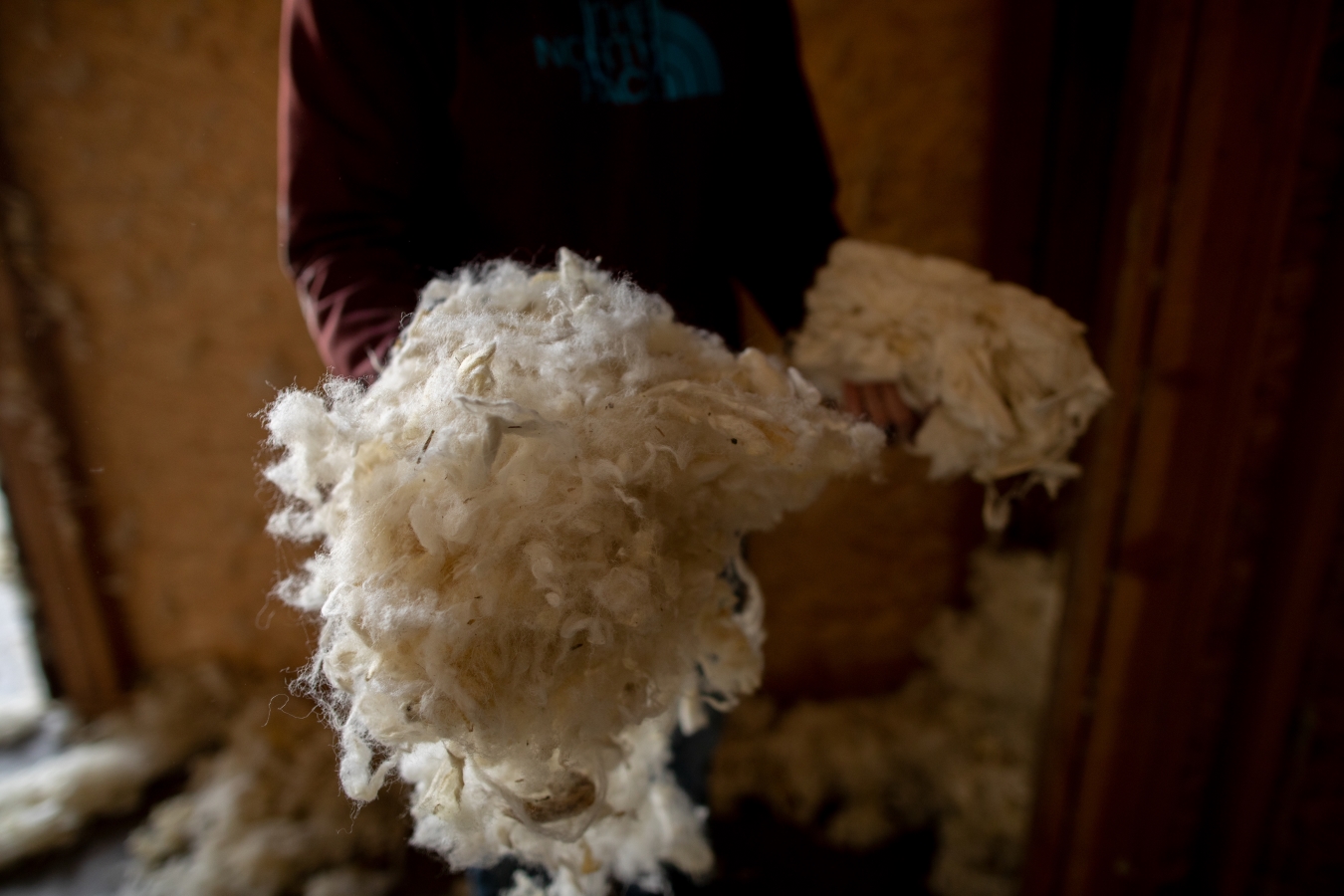What is Climate Beneficial Wool?
Climate Beneficial Wool is a by-product of employing carbon farming practices. Sheep raised on a farm that can sequester carbon back into the ground, as opposed to sending it into the atmosphere, are actually reducing their carbon footprint and creating a beneficial impact on the environment. When grass-fed, fiber producing animals graze on land that has been intentionally managed to implement practices such as prescriptive grazing, riparian restoration, and composting, to name a few, the fibers themselves become Climate Beneficial Wool simply from being a by-product of sequestering carbon back down into the soil.

Meet Our Farmers
The Wahl Ranch is located on the southern coast of Oregon. The farm’s expansive green pastures overlooks the Pacific Ocean. This farm has been in the Wahl family for over 130 years.
Terry Wahl can tell you how many different species of birds he has seen on his expansive Oregon coast property. More than 30% of the property is off-limits to sheep and other livestock, left largely unbothered for all types of wildlife.
The Wahls demonstrate ideal land stewardship. In addition to meticulous daily rotation of their flocks of sheep, the Wahls have worked hard over the years to restore and preserve the ecosystem they live on. The USDA recently recognized the Wahls as leaders in conservation. Projects on their land includes native plantings, river restoration, fencing to protect sensitive areas, and marsh restoration.
The Wahl farm currently supports 6,000 sheep.
